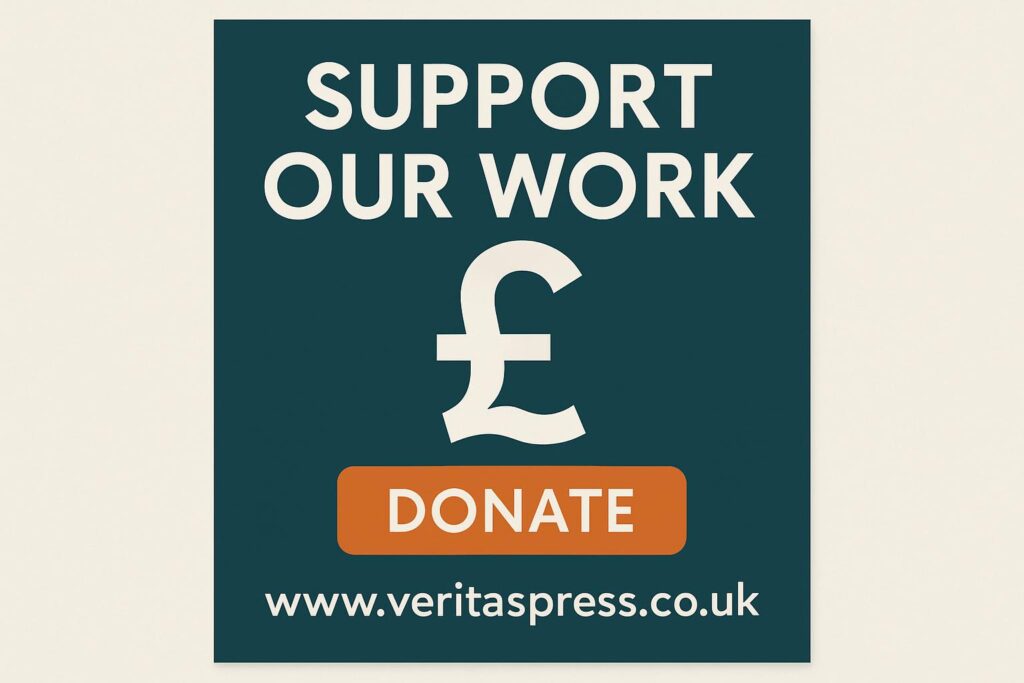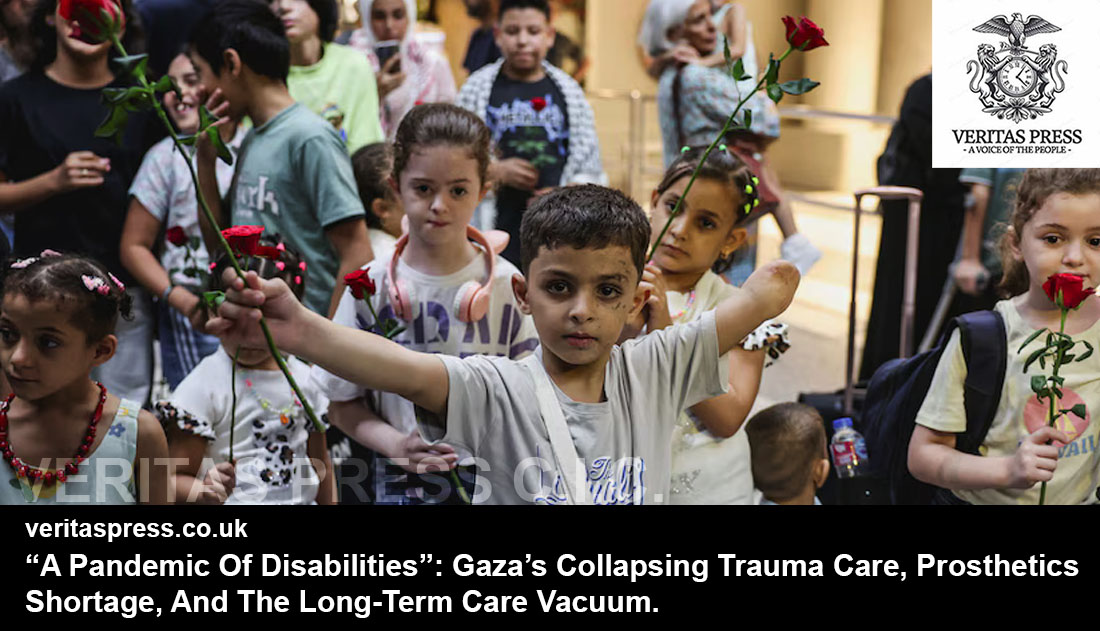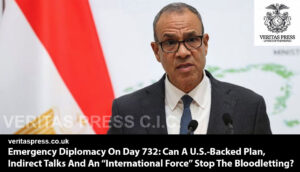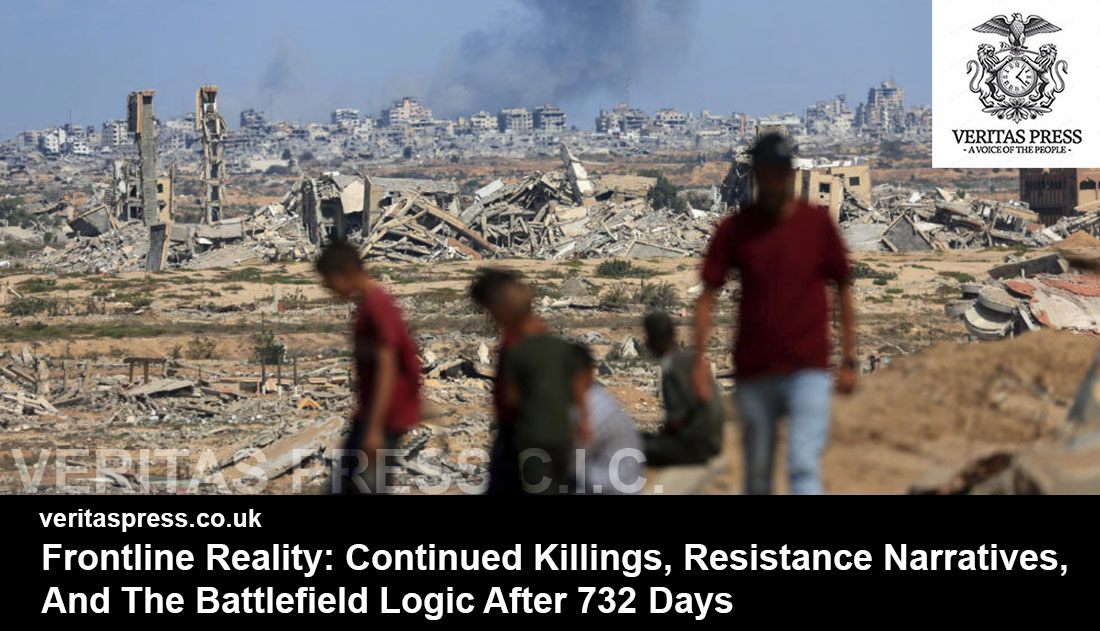Press Release: Veritas Press C.I.C.
Author: Kamran Faqir
Article Date Published: 07 Oct 2025 at 14:42 GMT
Category: Middle East | Palestine-Gaza, West Bank | US-Israel At War
Source(s): Veritas Press C.I.C. | Multi News Agencies

Business Ads


Years of bombardment and a siege have produced an unprecedented wave of amputations, spinal injuries and chronic paralysis in Gaza. Hospitals, themselves battered, lack supply chains, prosthetic capacity, rehabilitation therapists, and power. The result is a generation of survivors facing lifelong disability in an economy and health system unable to absorb them.
Key Reporting And Facts:
- Hospital and UN figures point to thousands of amputations and thousands more with spinal/brain injuries; Al-Shifa’s director and other hospital sources have repeatedly warned about thousands left without prosthetics or adequate care.
- UN Humanitarian Coordinator estimates and UNRWA reporting put life-altering injuries in the tens of thousands (estimates vary by source).
- Even while talks proceed in Egypt, hospitals reported fresh casualties and deaths near aid distribution points.
Investigative Analysis — Systems Failure And The Supply-Chain Story:
- Supply chain collapse: prosthetics, spare parts, and sterile supplies.
Prosthetic limbs and orthotic devices depend on specialised materials, trained prosthetists, and manufacturing workshops, all of which have been disrupted. Investigate: what companies or NGOs used to supply Gaza; what routes (via Rafah, Ashdod, Israeli crossings) were used; who now controls those flows; which components are considered dual-use and blocked; and which donor countries fund or block parts of the rehabilitation pipeline. Evidence suggests parts and technical expertise are the chokepoints causing long delays and high complication rates. - Human capital drain: therapists and surgeons escaping or being killed.
Reports document healthcare workers killed, detained, or displaced. Rehabilitation requires physiotherapists, occupational therapists, prosthetists and long-term nursing professionals whose training pipelines in Gaza can’t be rapidly replaced. An investigative focus: personnel rosters pre-2023 vs. today; training migration pathways; interviews with remaining staff about caseload and capacity. - The long-term economic burden and social exclusion.
Without assistive devices and vocational rehabilitation, amputees, many of them children, face destitution. Map social protection schemes (if any), NGO budgets, and the fiscal capacity of Gaza authorities. Quantify lifetime care costs vs. current donor commitments and calculate a funding gap. Use conservative actuarial estimates to show the scale of the problem over 10–30 years.
Reporting Leads / Data Sources:
- Hospital registries (Al-Shifa, Nasser Medical Complex) for injury typology and numbers; leaked/aggregate records can be analysed for age distribution and cause of injury.
- Procurement logs from aid agencies detailing shipments of prosthetic materials and rehab supplies.
- Interviews with prosthetists and NGOs (e.g., MSF, Handicap International) who have worked in Gaza or nearby locales.
Call To Action For Policymakers:
- Open, verified humanitarian corridors for specialised medical equipment and technical teams under neutral supervision.
- International partnerships to fund and host training programs for Gaza prosthetic and rehabilitation specialists.
- A rolling international fund to underwrite lifetime care for severe injuries; otherwise, the social cost will compound into a permanent humanitarian catastrophe.
- Allow aid, financial help, and identity restoration to protect civilians’ lives.
- Give Palestinians back their sovereignty and autonomy.
- Assist in infrastructure restoration.
- Stop the apartheid occupation and establish a permanent ceasefire.
- Put an end to colonialism and fascism.
- End annexation and forced displacement.
- Put an end to the mass killings and genocide.
- Make Israel answer for its crimes and arrest the responsible individuals. Citing Israel’s most egregious violations, the experts highlighted crimes against humanity including murder, torture, sexual violence, and repeated forced displacement amounting to forcible transfer, war crimes encompassing indiscriminate attacks on civilians and civilian objects, including objects indispensable to the survival of the civilian population and educational institutions and cultural heritage, the use of starvation as a weapon of war, the targeting of healthcare workers and health facilities, attacks on humanitarian workers, arbitrary restrictions on access to humanitarian aid, and attacks on journalists, collective punishment, kidnapping of activists and perfidy.
“Political and judicial actors must consider the totality of such acts against the entire civilian population under Israeli occupation, who are protected persons and do not constitute military objectives under international law,” the experts said. “Acts aimed at their destruction in whole or in part are genocidal.”
“Indiscriminate attacks, including on shelters for displaced persons and the Kamal Adwan Hospital and its vicinity, and the intensification of siege conditions on northern Gaza for the last three months run contrary to Israel’s legal duty to ensure the protection of the civilian population,” the experts said. “We are disturbed that this siege, coupled with expanding evacuation orders, appears intended to permanently displace the local population as a precursor to Gaza’s annexation in further violation of international law.”
“The International Court of Justice has recognised the unlawfulness of and made clear that Israel must unconditionally end its ongoing presence in the occupied Palestinian territory and imposed binding provisional measures on Israel to prevent the commission of genocide in Gaza, while Israel’s Prime Minister and former Minister of Defence are wanted by the International Criminal Court,” the experts said. “Nonetheless, Israel continues to face no real consequences, largely due to protection offered by its allies, who have gone so far as to join Israel in delegitimising international institutions and besmirching Special Procedures mandate-holders.”

























